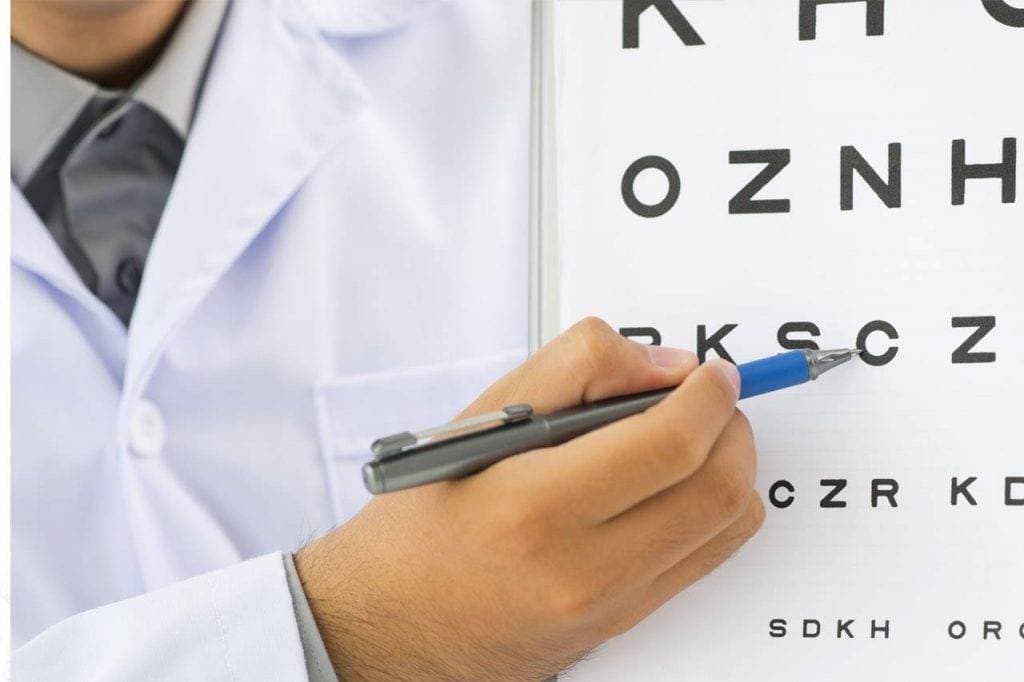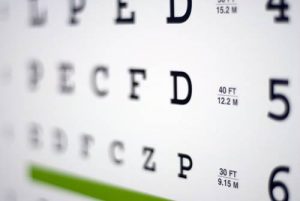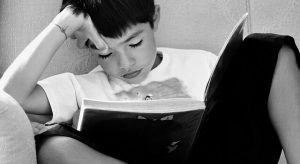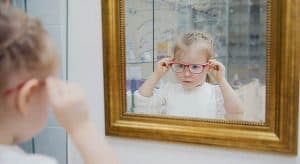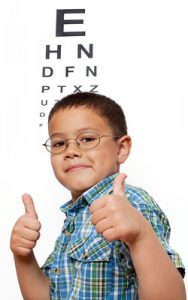Many schools conduct vision screenings as a service to try to identify vision problems that may affect their students’ academic performance… but are they reliable?
The simple answer is, no. These vision screenings are very limited, and are NOT a substitute for a comprehensive eye examination performed by an eye doctor.
It is crucial for parents to understand that reliance on these school vision screenings can cause many complications for a child— screenings can only uncover some vision problems, such as severe lazy eye or myopia, but cannot effectively identify most of the visual problems experienced by children.
A big concern is that parents will believe that passing a vision screening, means that a child has perfect vision. This false belief can inhibit detection and treatment of a true vision problem.
Why are vision screenings NOT reliable?
The learning environment of the 21st century requires that all students have adequate vision for computer use, reading, reading comprehension, writing, homework, examinations, and all other aspects of learning. Unfortunately, school vision screenings simply cannot detect the vision problems that may inhibit success in these areas.
A big problem is that parents rely on these basic school vision screenings, and many times will then neglect to schedule a comprehensive eye exam with an eye doctor.
Eye doctors utilize specific clinical tools and assessments to determine the health and visual abilities of the eye. Since much of a child’s academic performance is dependent on their visual skills (e.g. binocular vision, accurate eye movements, focusing, clear vision and more), doctors recommend that children have a comprehensive eye exam even before reaching school age, and then at least every two years after that.
Regular and comprehensive eye exams are crucial for detecting vision problems — and essential in facilitating a student’s academic success.
What are the limitations of a vision screening?
- Limited testing. The Snellen chart, a 150-year-old test used for vision screenings, only tests distance vision acuity to see if your child has 20/20 sight.
- The chart does not assess near vision acuity— many children find reading to be blurry or uncomfortable.
- The screening does not test a child’s visual skills including focusing, eye tracking and the ability of the eyes to work together— as needed for reading a book or using a computer.
- The screening also does not provide any information about a child’s ocular health. A child could have 20/20 sight, but still have a serious eye disease.
- Untrained personnel. Most vision screenings are performed by volunteers or school personnel who are untrained in conducting the screenings, as well as assessing the results.
- Inadequate testing environment and equipment. Limited testing equipment, non-standardized testing distances, inappropriate room lighting, and inadequate maintenance of screening equipment can all impact test results.
Schedule an eye exam with an eye doctor near you to have your child’s eyes checked.
SEE RELATED: Do Vision Screenings Assess Functional Vision?
What happens if a vision problem goes undetected?
According to research, 80 percent of learning is based on processing information through the visual system.
That being said, it is critical to understand that vision screenings do not suffice as adequate tests of visual acuity and functional vision skills.
The National Parent Teacher Association has reported that over 10 million children in the U.S. suffer from vision problems that can affect learning success.
The College of Vision Development (COVD) estimates that 25 percent of all school children in the U.S. have vision problems.
However, according to research, only 10 percent of children ages 9 to 15 years who needed eyeglasses, actually received them. Vision problems are one of the most common, handicapping conditions in childhood. Undetected vision problems can inhibit academic success, and even athletic performance.
What happens if a child fails a school vision screening?
If your child ‘fails’ a school vision screening, they may have a serious eye condition such as myopia, lazy eye or even an eye turn. It is therefore essential to act quickly and schedule an appointment with your local eye doctor.
It has been estimated that up to 67 percent of children who fail school vision screenings, do not receive a comprehensive eye exam or vision care from an eye doctor.
Regular eye exams
Comprehensive and regular eye exams are the only effective measure of ocular and visual health. When vision problems are not detected in childhood, they can significantly affect a person throughout their whole life.
The fact is, vision problems do not go away on their own, and unfortunately, if untreated, children will grow into adults with vision problems. The American Optometrists Association recommends that a child should receive a comprehensive eye exam before starting school and then at least every two years.
LEARN MORE: Vision for School
If you have any concerns regarding your child’s vision or their academic performance, it is vital that you schedule an appointment with an eye doctor— even if your child has ‘passed’ a school vision screening.

